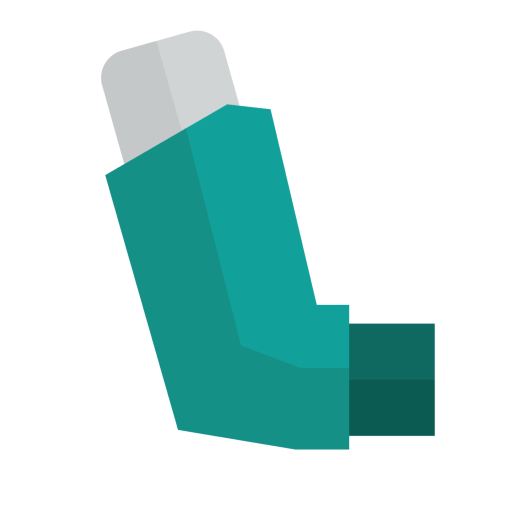Bronchial Asthma

Homeopathic Management of Bronchial Asthma
Bronchial asthma, commonly referred to as asthma, is a chronic lung condition that inflames and narrows the airways. This narrowing leads to difficulty in breathing, as the airflow to and from the lungs is obstructed. People with asthma may experience symptoms ranging from mild to severe, and these can vary in frequency and intensity.
Bronchial asthma, a chronic respiratory condition, affects millions of people worldwide. It is characterized by recurrent episodes of wheezing, breathlessness, chest tightness, and coughing, often triggered by specific factors. While conventional medicine offers palliative treatments, homeopathy provides a holistic and alternative approach to cure asthma. In this article, we will delve into the causes, preventions, diagnosis, and homeopathic management of bronchial asthma.
Understanding Bronchial Asthma
Bronchial asthma, commonly referred to as asthma, is a chronic lung condition that inflames and narrows the airways. This narrowing leads to difficulty in breathing, as the airflow to and from the lungs is obstructed. People with asthma may experience symptoms ranging from mild to severe, and these can vary in frequency and intensity.
Causes of Bronchial Asthma
The exact cause of asthma is not fully understood, but it is believed to result from a combination of genetic and environmental factors. Common triggers and risk factors include:
Preventing Bronchial Asthma
While asthma cannot always be prevented, several strategies can help reduce the risk of developing or exacerbating the condition:
Diagnosis of Bronchial Asthma
Asthma diagnosis typically involves a combination of medical history, physical examination, and lung function tests, including spirometry. Additional tests such as allergy testing or imaging may be recommended to rule out other conditions. It’s crucial to work closely with an Experienced Homeopathic Doctor to establish a personalized asthma management plan.
Homeopathic Management of Bronchial Asthma
Homeopathy offers an alternative approach to managing bronchial asthma. Homeopathic treatments are individualized based on a person’s specific symptoms, constitution, and triggers. Homeopathic medicines can completely cure asthma and in our experience one can rid of even inhalers while using Homeopathy and can live a completely normal life. Homeopathy medicines can significantly reduce the frequency and severity of asthma attacks.
Common homeopathic remedies for asthma include:
Along with the above-mentioned medicines there are many other like Ferrum Phos., Justicia, Antim tart. Etc which can be used according to the totality of the case.
Conclusion
Bronchial asthma is a chronic respiratory condition that can significantly impact one’s quality of life. Always consult with a qualified Homeopathic Doctor and work collaboratively with your healthcare team to create an asthma management plan that suits your specific needs and preferences. With proper care, asthma can be effectively managed, allowing individuals to lead fulfilling lives.
Disclaimer:
This blog is for informational purposes only and does not constitute medical advice. The information provided is not a substitute for professional medical diagnosis or treatment. Always seek the advice of your physician or qualified healthcare provider with any questions you may have regarding a medical condition. Never disregard professional medical advice or delay seeking it because of something you have read in this blog.

